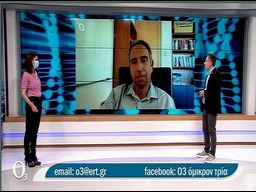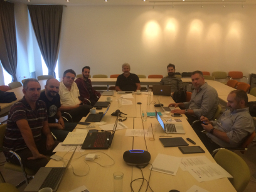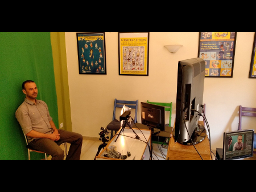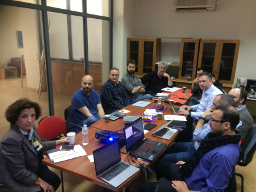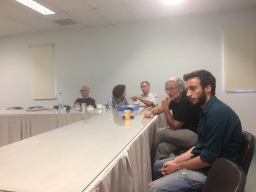Consortium
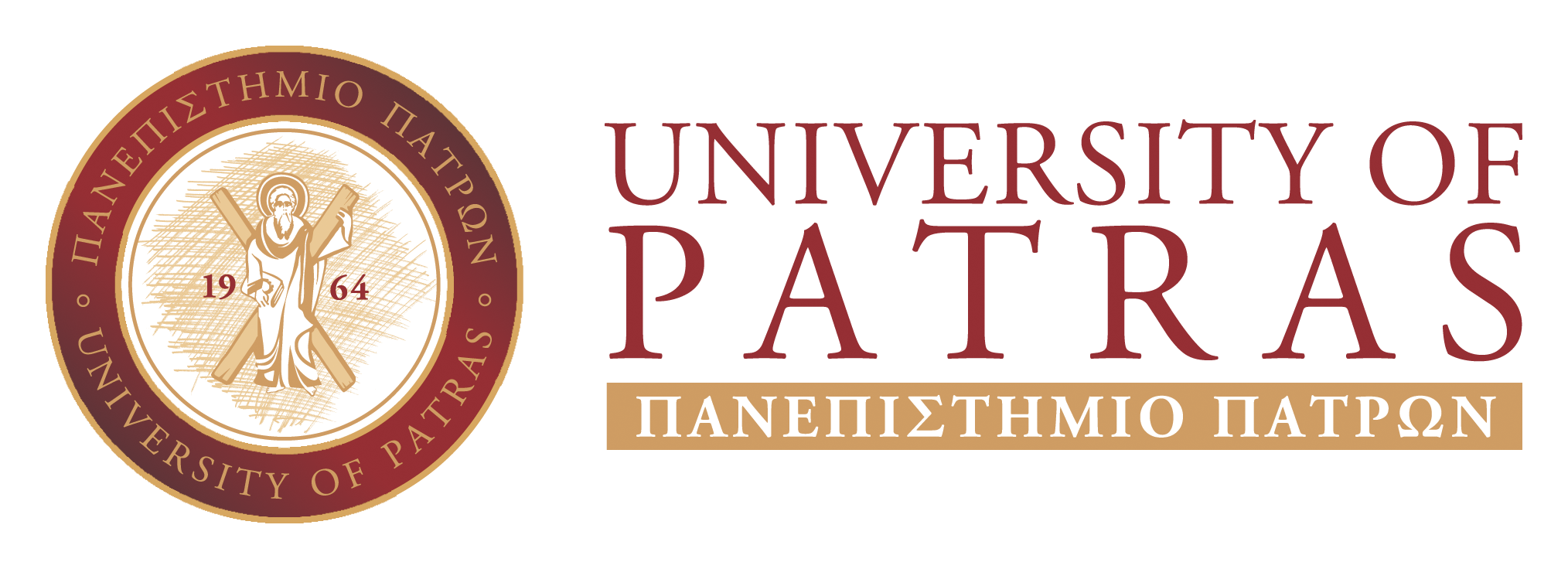
The Signal Processing & Communications (SPC) Lab is a Laboratory of the Computer Engineering & Informatics Department (CEID), University of Patras. The SPC Lab presents a research activity in a variety of fields, such as: Signal Processing for Communications, Sensor Networks, System Identification etc.

The Institute of Computer Science has had a relatively long history and recognised tradition, since its establishment in 1983, in conducting basic and applied research, developing applications and products, providing services, and playing a leading role in Greece and internationally, in the fields of Information and Communication Technologies.

IRIDA Labs (Patras, Greece) is bridging the gap between a camera and a human eye by bringing visual perception to any device. They develop software in Computer Vision, using Image Processing and Machine Learning techniques made for any CPU, GPU or DSP/ASP platform or a combination of them using Heterogeneous Programming techniques.

Founded in 2013, BioAssist is the first Greek ICT services company created for seniors and chronic patients. The company's goal is to research, design and study remote monitoring, health support and well-being systems.

The Deaf Studies Unit (DSU) belongs to the Department of Primary Education of the University of Patras, and is a leading center for Deaf Studies, Greek Sign language (ENG), and Deaf Education in Greece. Established in 1994, is the only academic institution in Greece that provides research in the area of deafness, and programs for teachers of the deaf, sign language tutors, and interpreters.
